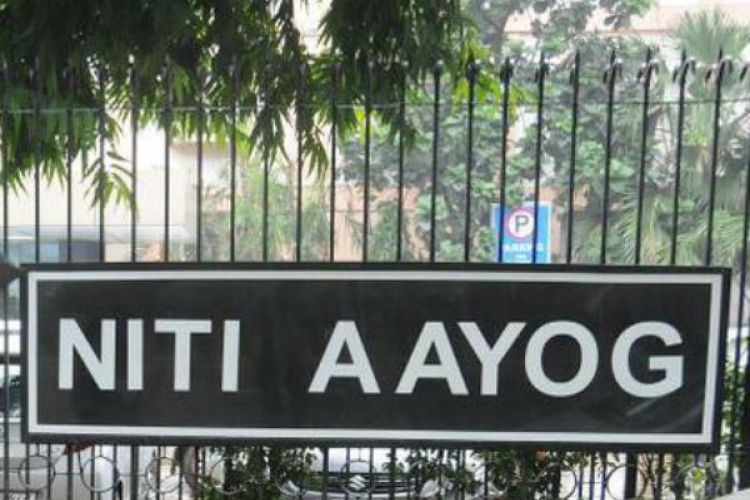RELEVANCE OF NITI AAYOG
IN NEWS
The NITI Aayog was formed to bring fresh ideas to the government. Initiatives like Ayushmaan Bharat, our approach towards artificial intelligence and water conservation measures, and the draft bill to establish the National Medical Commission to replace the Medical Council of India have all been conceptualised in NITI Aayog, and are being taken forward by the respective Ministries.
RELEVANCE OF NITI AYOG
By collecting fresh ideas and sharing them with the Central and State governments, it pushes frontiers and ensures that there is no inertia, which is quite natural in any organisation or institution. NITI Aayog could emerge as an agent of change over time and contribute to the Prime Minister’s agenda of improving governance and implementing innovative measures for better delivery of public services.
NITI Aayog is also bringing about a greater level of accountability in the system. Earlier, we had 12 Five-Year Plans, but they were mostly evaluated long after the plan period had ended. Hence, there was no real accountability.
NITI Aayog has established a Development Monitoring and Evaluation Office which collects data on the performance of various Ministries on a real-time basis. The data are then used at the highest policymaking levels to establish accountability and improve performance. This performance- and outcome-based real-time monitoring and evaluation of government work can have a significant impact on improving the efficiency of governance.
IMPROVING INNOVATION
The Atal Innovation Mission, which is also established under NITI Aayog, has already done commendable work in improving the innovation ecosystem in India. It has established more than 1,500 Atal Tinkering Labs in schools across the country and this number is expected to go up to 5,000 by March 2019. It has also set up 20 Atal Incubation Centres for encouraging young innovators and start-ups.
ABOUT NITI AYOG
The NITI Aayog will comprise the following:
- Prime Minister of India as the Chairperson
- Governing Council comprising the Chief Ministers of all the States and Lt. Governors of Union Territories
- Regional Councils will be formed to address specific issues and contingencies impacting more than one state or a region. These will be formed for a specified tenure. The Regional Councils will be convened by the Prime Minister and will comprise of the Chief Ministers of States and Lt. Governors of Union Territories in the region. These will be chaired by the Chairperson of the NITI Aayog or his nominee.
- Experts, specialists and practitioners with relevant domain knowledge as special invitees nominated by the Prime Minister
The full-time organizational framework will comprise of, in addition to the Prime Minister as the Chairperson:
- Vice-Chairperson: To be appointed by the Prime Minister
- Members: Full-time
- Part-time members: Maximum of 2 from leading universities research organizations and other relevant institutions in an ex-officio capacity. Part time members will be on a rotational basis.
- Ex Officio members: Maximum of 4 members of the Union Council of Ministers to be nominated by the Prime Minister.
- Chief Executive Officer : To be appointed by the Prime Minister for a fixed tenure, in the rank of Secretary to the Government of India.
- Secretariat as deemed necessary.
WAY FORWARD
With its current mandate that is spread across a range of sectors and activities, and with its unique and vibrant work culture, NITI Aayog remains an integral and relevant component of the government’s plans to put in place an efficient, transparent, innovative and accountable governance system in the country.


 IAS -2025 Prelims Combined Mains Batch - III Starts - 14-04-2024
IAS -2025 Prelims Combined Mains Batch - III Starts - 14-04-2024